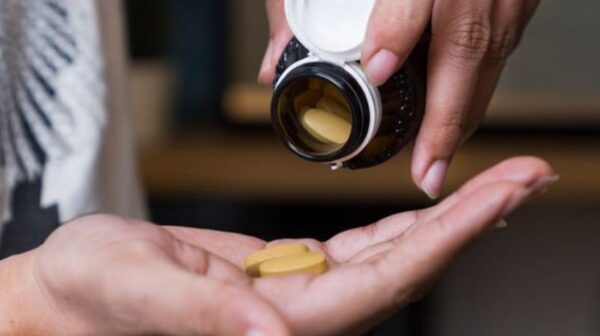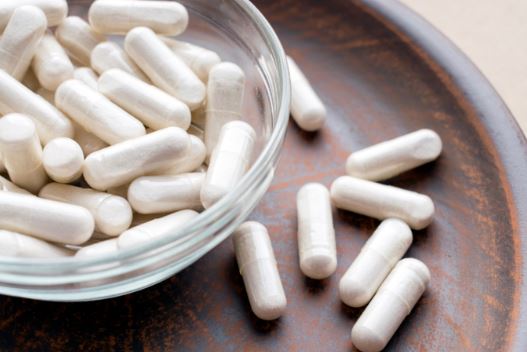Lifestyle
5 common supplement mistakes that can quietly harm the liver and kidneys

Supplements mostly appear as health boosters, tiny pills or powders that promise stronger bones, better skin, or increased energy.
But behind the glossy labels and “all-natural” claims, there’s a side that rarely gets spoken about: the hidden harm they can cause to the liver and kidneys when used the wrong way.
These organs work silently every day, filtering waste, balancing chemicals, and keeping the body in order.
When overloaded with wrong supplement choices, they often suffer quietly until it’s too late.
Here are some commonly overlooked mistakes that, over time, could take a serious toll on liver and kidney health.
1. Taking “natural” supplements without checking interactions
Supplements like comfrey, kava, or high-dose green tea extract are often marketed as herbal wellness boosters. But several of these can lead to liver toxicity. The real issue is when these are taken alongside prescribed medications or other over-the-counter pills. Certain compounds in herbs can interfere with drug metabolism, which pushes the liver into overdrive. The kidneys, too, get burdened with filtering unfamiliar substances, increasing the risk of inflammation or long-term damage.
2. Overusing protein powders without medical need
Protein is essential, but when consumed in excess, especially through supplements like whey or casein, it creates nitrogen waste. This waste is cleared out by the kidneys. In healthy individuals, the kidneys may cope for a while. But in cases where kidney function is already borderline, the extra load can accelerate kidney wear and tear. Many fitness enthusiasts unknowingly double their recommended intake, thinking more is better, but this can silently reduce kidney efficiency over time.
The body’s need for protein is real, but when taken beyond what’s necessary or without hydration and balance, it becomes a burden, not a benefit.
3. Combining multiple supplements with the same ingredients
Multivitamins, immunity boosters, and hair growth tablets often share common ingredients like vitamin A, iron, or selenium. Accidentally stacking these nutrients by taking multiple products at once can push levels beyond safe limits. For example, excess vitamin A can be highly toxic to the liver. Similarly, too much iron doesn’t just get “washed out” but stores up in organs, particularly the liver, leading to inflammation or even fibrosis.
This mistake often goes unnoticed because packaging doesn’t always make overlaps obvious. Reading every label becomes a necessity, not an option.
4. Relying on fat burners and detox supplements
Many detox or weight-loss pills contain stimulants, diuretics, or laxatives that alter kidney filtration rates unnaturally. Ingredients like synephrine, caffeine anhydrous, or dandelion extract might appear harmless but can lead to dehydration, electrolyte imbalance, and overburdened kidneys. The liver too gets pushed into processing synthetic additives, often leading to oxidative stress.
Ironically, in trying to “cleanse” the body, these supplements can increase toxin accumulation in vital organs. Most of these claims aren’t backed by medical science and lack safety studies, making them more dangerous than helpful.
5. Ignoring pre-existing health conditions and self-dosing
Conditions like high blood pressure, diabetes, or fatty liver are incredibly common today. But supplements aren’t one-size-fits-all. For example, creatine, a favourite among gym-goers, can worsen kidney function in those already at risk. Similarly, high-dose vitamin D or calcium without checking blood levels can calcify kidneys over time, raising the chance of stones or chronic damage.
Skipping a medical consult before starting any supplement regimen is like driving a vehicle without brakes, it might go fast, but control is uncertain. And in this case, the consequences stay hidden for years before symptoms show up.










